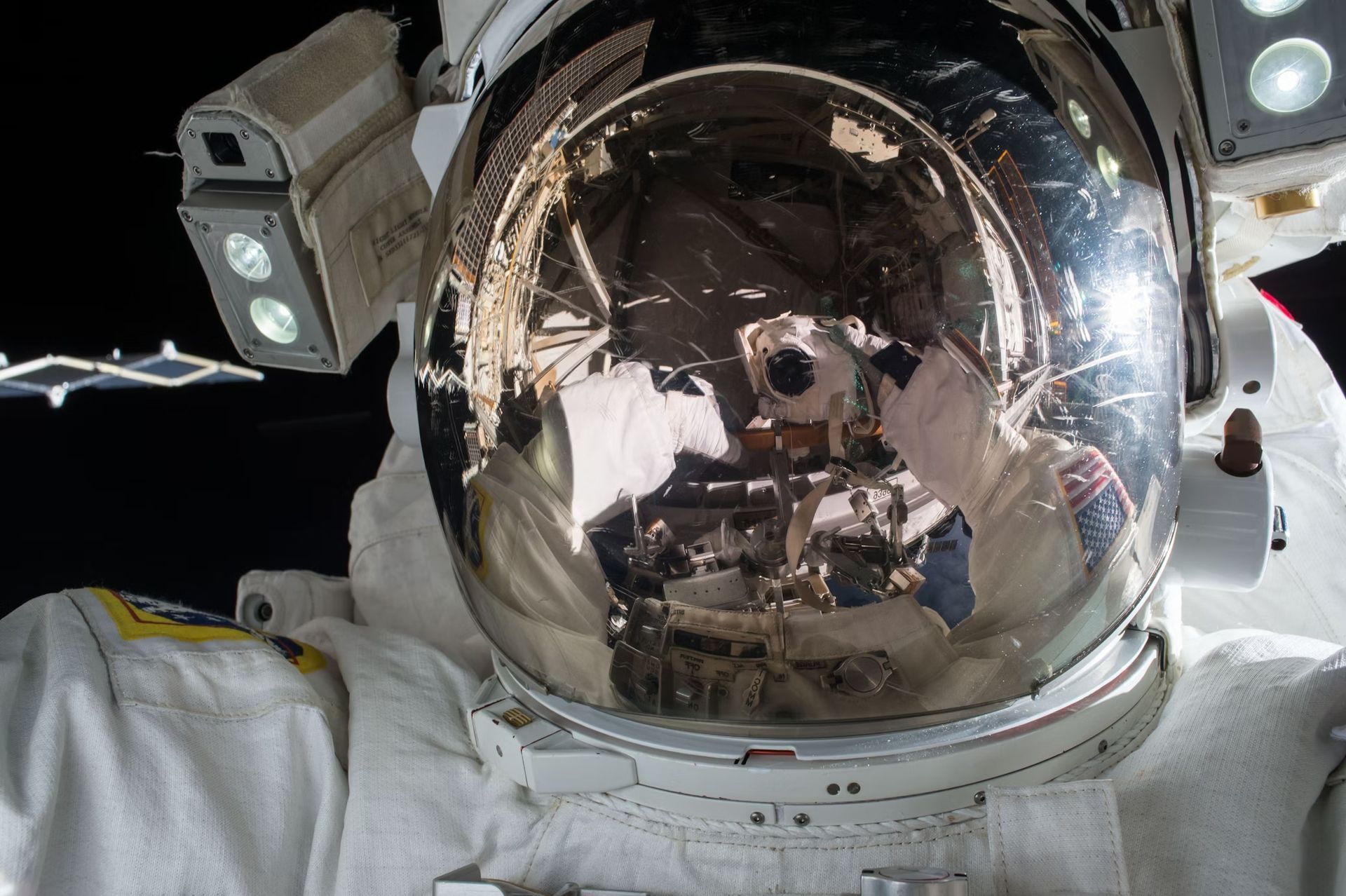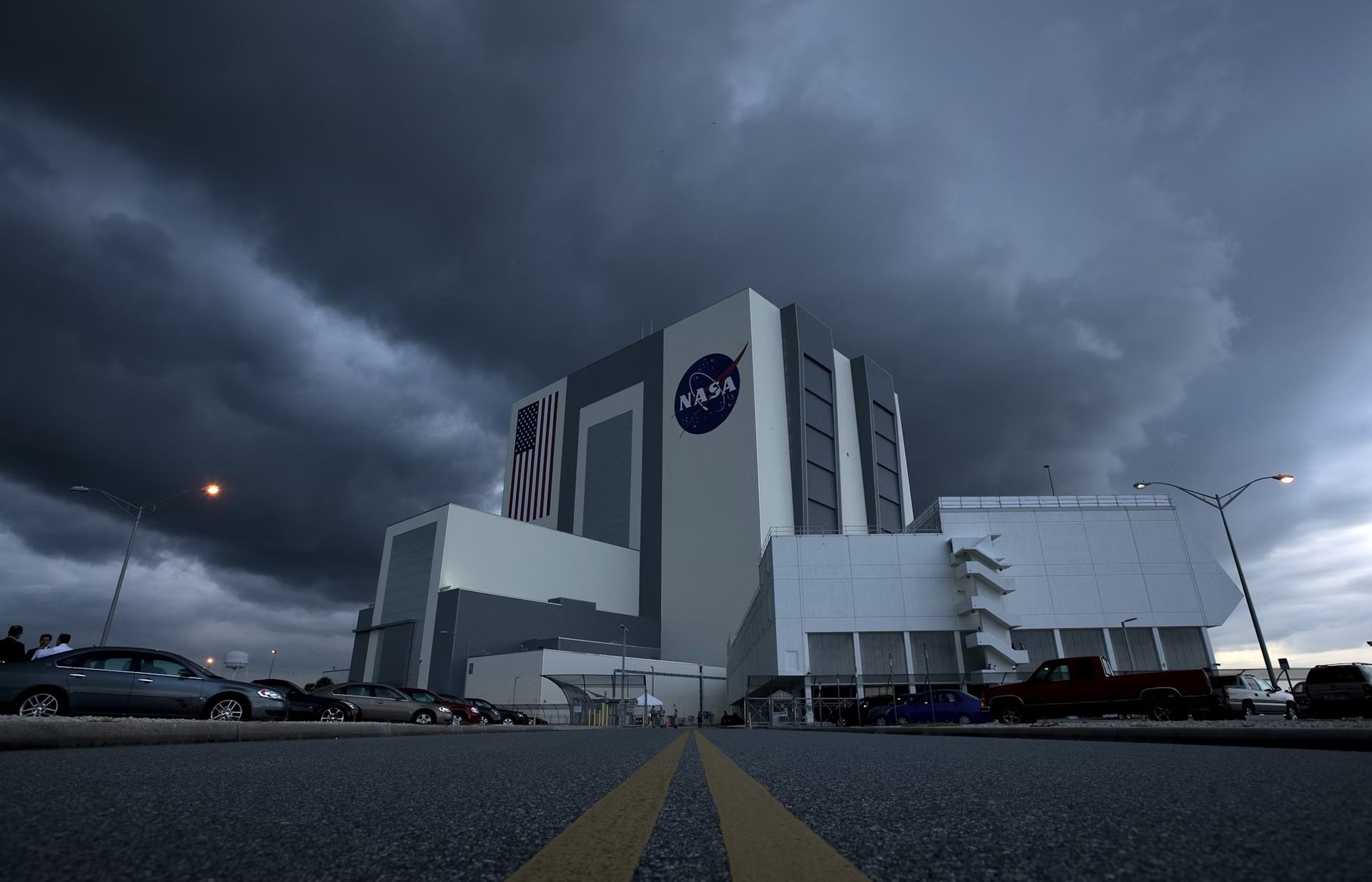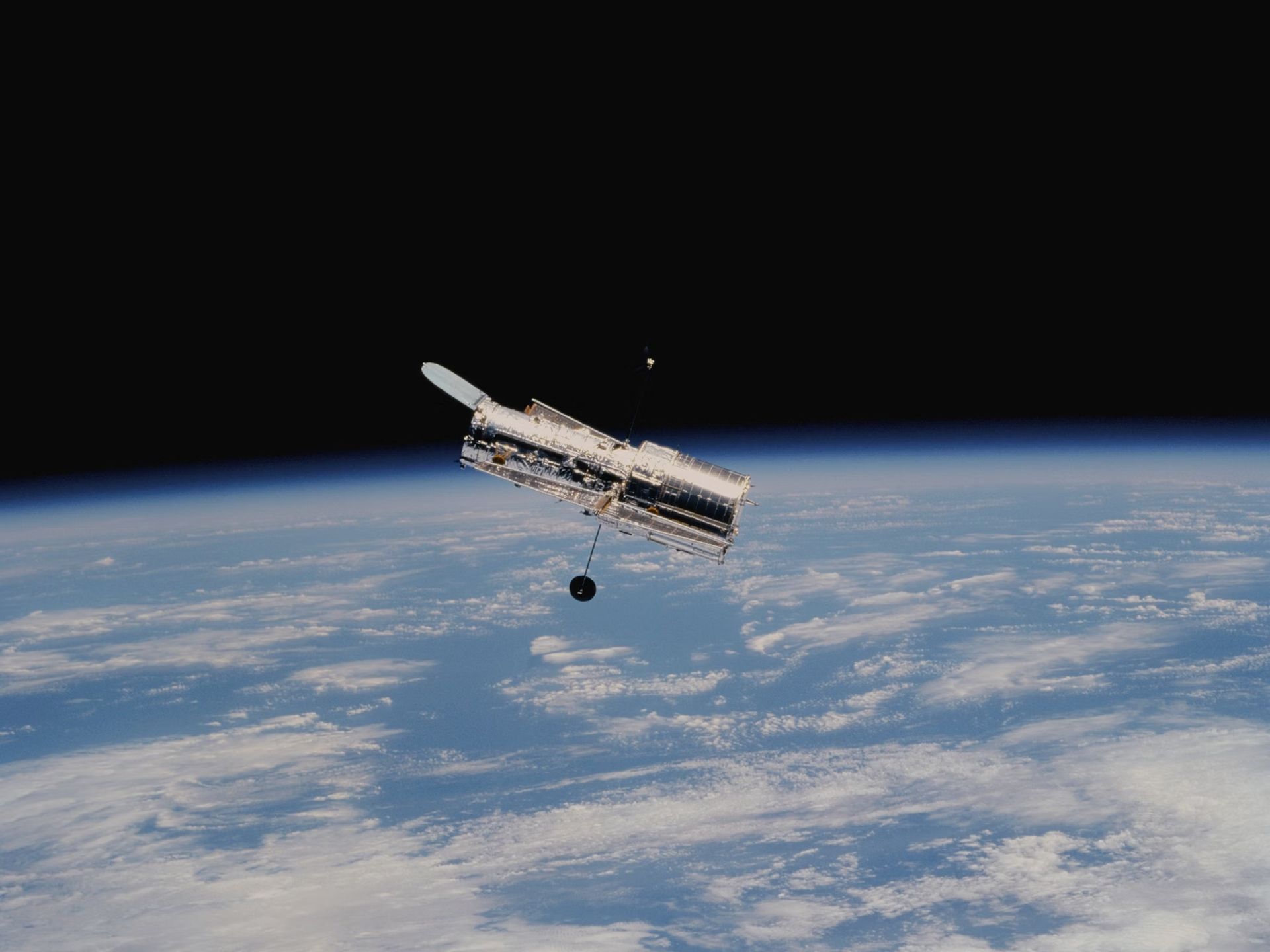and the distribution of digital products.
NASA’s new tool uses Microsoft AI to unlock data for all

NASA is revolutionizing the accessibility of Earth science data with its latest initiative, Earth Copilot, developed in partnership with Microsoft. This AI chatbot is designed to simplify how users can inquire about complex scientific information regarding our planet, transforming questions into easily digestible answers.
Transforming data interaction with AIEvery day, NASA gathers a staggering amount of geospatial data through its satellites, which monitor everything from climate change to natural disasters. Currently, the agency’s database contains over 100 petabytes of information, creating a monumental challenge for non-specialists looking for specific insights. NASA’s Earth Copilot aims to democratize this data by enabling users to bypass technical hurdles and directly ask questions about environmental impacts, historical events, or emerging trends.
As Tyler Bryson, Microsoft’s corporate vice president of health and public sector industries, noted, “For many, finding and extracting insights requires navigating technical interfaces, understanding data formats, and mastering the intricacies of geospatial analysis.” The Earth Copilot uses Azure OpenAI Service to facilitate this process, allowing users to obtain answers in seconds rather than diving into the intricacies of data environments.
Currently, the Earth Copilot is being tested by NASA scientists and researchers before wider release. Their feedback will be crucial for refining its integration into NASA’s Visualization, Exploration, and Data Analysis (VEDA) platform, which previously required specialized knowledge to navigate effectively.
 NASA is turning to AI capabilities powered by Microsoft (Image credit)
The challenge of accessing complex geospatial data
NASA is turning to AI capabilities powered by Microsoft (Image credit)
The challenge of accessing complex geospatial data
Navigating the complexities of Earth science data can be likened to deciphering an ancient scroll—it’s possible but often requires a level of expertise that limits who can engage with it. The existing barriers not only slow down research efforts but can also hinder timely responses during emergencies, such as natural disasters. Policymakers who need immediate insights on environmental changes find this particular challenge all too real.
To tackle this issue head-on, NASA is turning to AI capabilities powered by Microsoft. The Earth Copilot employs natural language processing, meaning users can simply type or voice their questions in plain language. For instance, someone might ask, “How did the COVID-19 pandemic affect air quality in the US?” With the AI’s help, users will be able to quickly retrieve and analyze pertinent data, streamlining research and decision-making processes.
 NASA gathers a staggering amount of geospatial data through its satellites (Image credit)
NASA gathers a staggering amount of geospatial data through its satellites (Image credit)
NASA’s commitment to making this data more accessible aligns perfectly with its Open Science initiative, which emphasizes transparency and inclusivity in scientific research. This push towards democratizing access serves not just researchers but also educators, students, and the general public interested in Earth science.
Featured image credit: NASA/Unsplash
- Home
- About Us
- Write For Us / Submit Content
- Advertising And Affiliates
- Feeds And Syndication
- Contact Us
- Login
- Privacy
All Rights Reserved. Copyright , Central Coast Communications, Inc.